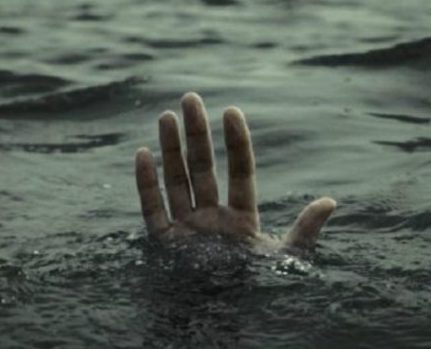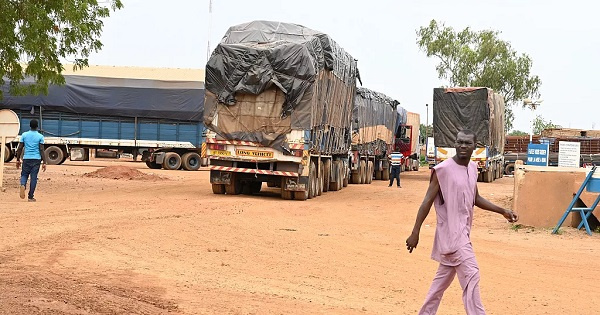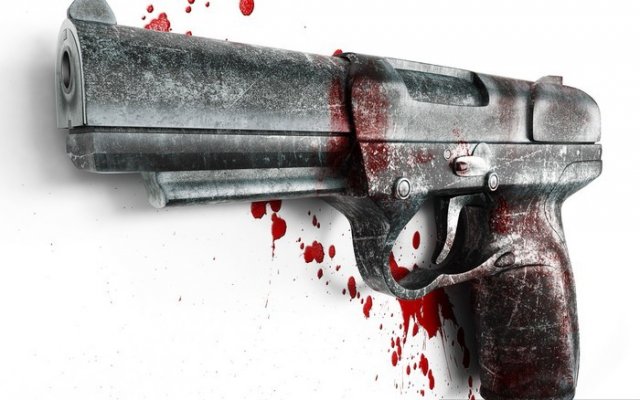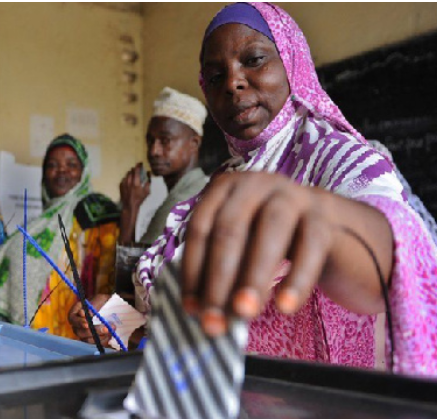South Sudanese children die as US aid cuts shutter medical services

Eight people, including five children, have died after walking for three hours in blistering heat to seek treatment for cholera in South Sudan’s eastern Jonglei state, as United states aid cuts forced local health facilities to close.
The United Kingdom-based global charity Save the Children revealed last month’s deaths on Wednesday, saying they were among the first directly linked to cuts ordered by US President Donald Trump, who slashed funding for global health programmes under his “America First” policy after taking office on January 20.
Save the Children had supported 27 health centres in Jonglei State until this year, when US cuts forced seven to close entirely and 20 to scale back operations, laying off about 200 staff of almost 600 nationwide.
A US-funded transport service that took patients to hospital was also shut down due to a lack of funds, forcing the eight cholera patients to walk for hours in nearly 40 degrees Celsius (104 degrees Fahrenheit) heat to reach medical care.
“There should be global moral outrage that the decisions made by powerful people in other countries have led to child deaths in just a matter of weeks,” said Christopher Nyamandi, Save the Children’s country director in South Sudan.
Experts have warned that the funding cuts – including the cancellation of more than 90 percent of the United States Agency for International Development (USAID) contracts – could lead to millions of deaths from malnutrition, AIDS, tuberculosis and malaria in the years ahead.
The US State Department said it had no information about the reported deaths. A spokesperson insisted that many US-funded humanitarian projects in South Sudan remained operational but accused the country’s leadership of misusing foreign aid.
“While emergency lifesaving programmes continue, we will not, in good conscience, ask the American taxpayer to provide assistance that effectively subsidises the irresponsible and corrupt behaviour of South Sudan’s political leaders,” said the spokesperson cited by the Reuters news agency.
South Sudan’s government has admitted to widespread corruption but denies specific allegations of graft, including against President Salva Kiir’s family. Due to corruption concerns, humanitarian aid is mostly delivered through nongovernmental organisations.
Besides US funding cuts, declining contributions from other donors have further weakened South Sudan’s humanitarian response. Save the Children’s budget for the country is expected to drop to $30m this year from $50m last year.
More than a third of South Sudan’s 12 million people have been displaced by conflict or natural disasters. The United Nations has warned that fighting in the northeast could push the country towards a new civil war.
A cholera outbreak was declared in South Sudan in October last year, with about 40,000 cases and 700 deaths recorded between September to March, according to the UN Children’s Fund, UNICEF. About half of those stricken by the disease are children under 15, UNICEF has said.
Cholera is an acute form of diarrhoea that is treatable with antibiotics and hydration, but can kill within hours if left untreated.
It is caused by a germ typically transmitted through a lack of access to sanitation. People become infected when they swallow food or water carrying the bug.
Source: bbc.com





